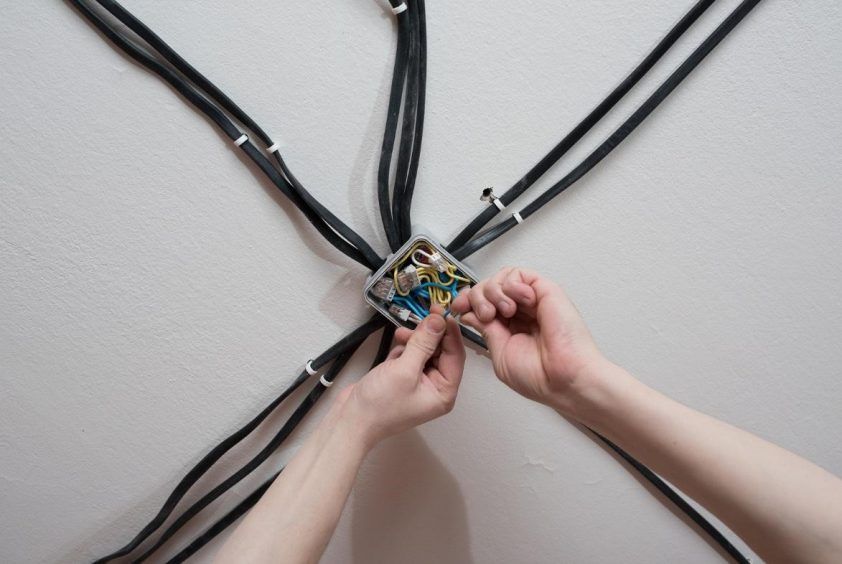When purchasing an older house, it is wise to have the entirety of the house inspected. Although most people are concerned about leaking roofs or moldy basements, experts claim that prospective homeowners should also be very concerned about the age of the electrical wiring of the house.
A 2009 study conducted by the National Fire Prevention Association has shown that faulty electrical wiring was the leading cause of residential fires. If the home you are interested in or you are currently residing in is 40 years or older, you may want to have a trusted electrician, such as one from Electrical Experts, check for any of the following:
Aluminum Wiring
Homes constructed in the 60s or 70s may still have its original aluminum wiring. Such wiring is a safety hazard because the connections tend to loosen over time. When the gap between the wiring and the connector widens, this increases the risk of overheating in the section, which may eventually lead to a fire. If aluminum wiring is found in your home, your electrician may recommend switching over to standard copper wiring.
Knob and Tube Wiring
On the other hand, homes built in the 1900s to the early 50s may be using an even more outdated type of wiring, knob and tube wiring. This type of wiring is problematic because it uses no ground wire, significantly boosting the risk of being shocked.
Knob and tube wiring systems were generally made to handle 15 amps which was more than enough 60+ years ago. The electrical needs of the modern home in many cases well exceed the 15 amp limit of the knob and tube. This means that the old-style wiring is likely being loaded with more electricity than it was ever meant to manage.
Faulty Outlets, Switches, and Junction Boxes
Although your wiring may be fine, it is possible that outlets, switches, and junction boxes may be outdated. In such cases, there is still an increased risk of a residential fire. As such, it is best to have your electrician replace any faulty outlets, switches, and junction boxes your home may have.
Sources:
Is Knob and Tube Electrical Wiring Safe?, angieslist.com
Should You Replace Old Wiring?, houselogic.com

